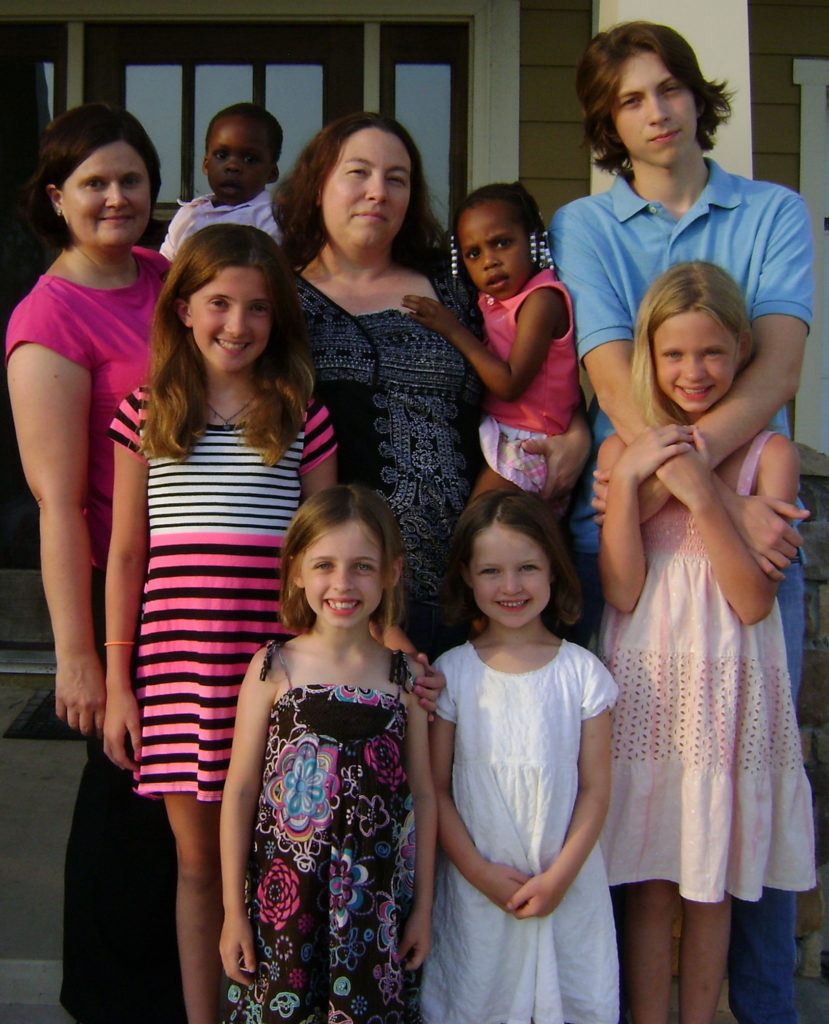The Obergefell ruling had an immediate effect on Beth and Krista Wurz. Though the two had been married since October 12, 2010—the ceremony took place in New Hampshire, where marriage equality had been implemented that January—the couple still lacked protections since Georgia did not recognize same-sex marriages.

That changed in 2015. After Obergefell, Krista and Beth could access most of the same rights and privileges of other married couples in Georgia. The immediate impact was on their health insurance: Krista and the couple’s children became eligible to access it through Beth’s employer, and Beth says her employer moved swiftly to comply.
However, the law is still murky in some areas, most notably regarding explicit civil rights protections for LGBT Georgians—which don’t exist—and family law. Krista and Beth have technically needed to adopt their children individually as “single” parents, even though they are married. That’s cost them $12,000, a financial hardship that’s greater than what opposite-sex married couples face.
“LGBT parents who have biological children can list both parents’ names on the newborn’s birth certificate, but attorneys are still advising LGBT parents to complete second-parent adoptions. This is a step that heterosexual married couples are not required to take.” —Beth Wurz
“LGBT parents who have biological children can list both parents’ names on the newborn’s birth certificate, but attorneys are still advising LGBT parents to complete second-parent adoptions,” Beth says. “This is a step that heterosexual married couples are not required to take.”
And Beth says the lack of legal clarity has left attorneys hesitant to file their second-parent adoptions in court.
“It’s two years later, and our family is still split down the middle,” she says. “We desperately need comprehensive LGBT civil rights protections in Georgia.”
SHARE THIS STORY


 @GeorgiaUnites
@GeorgiaUnites